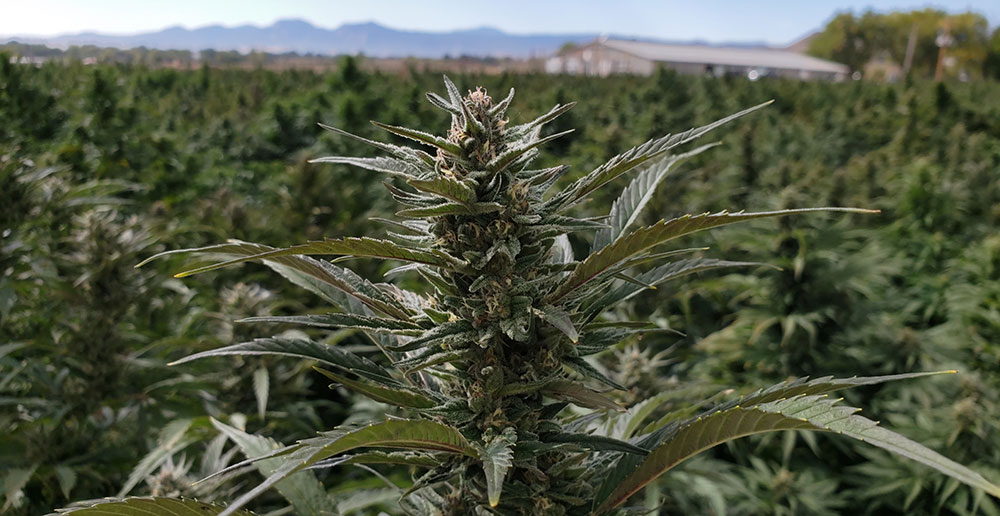
Due to much public misinformation, it can be difficult to understand what CBD is — and what it’s not.
Cannabidiol (CBD) is one of many cannabinoids, or chemical compounds, derived from the cannabis plant. Our brains have receptors for cannabinoids, and as they bind to the chemical, CBD’s effects are transmitted throughout the body.
CBD comes in several forms for consumption, including tinctures, oils, capsules, and edibles. Depending on how CBD is ingested, as well as its potency, it remains effective over varying durations of time. Over the past few years, CBD use has increased. It is expected to increase further as information regarding its beneficial aspects continues to be distributed via anecdotal and further clinical evidence.
Hemp and marijuana plants are two varieties of the same plant species: cannabis. Though they have been bred to serve different purposes, they are of the same species.
Hemp has been cultivated for thousands of years and is one of the oldest known crops in the world. It is used in textiles, paper, fiberboard, health foods, body care, and more.
Marijuana refers to cannabis with psychoactive properties. These varieties have been cultivated to contain higher concentrations of tetrahydrocannabinol (or THC, the psychoactive chemical in marijuana), but lower concentrations of CBD.
Hemp is non-intoxicating, which means it is not psychoactive, and legally must contain less than 0.3% THC. But while it is low in THC, hemp contains higher concentrations of CBD. Strains of hemp have been cultivated to be especially high in CBD, and these are the plants from which CBD oil is made. Unlike marijuana, CBD is legal in all states except Idaho, South Dakota, and Nebraska.
Many users find that CBD is an effective treatment for a panacea of concerns ranging from discomfort to emotional upset. There is limited scientific research, however, to support these claims.
Cannabis has historically been classified as a Schedule I drug, with no accepted medical use as well as considerable potential for abuse. Cannabis has been barred from medical research due to its placement on this schedule.. As marijuana is legalized more and more across the United States, however, studies may be able to prove what many users claim anecdotally — that CBD can have a profound effect on discomfort, weariness, uneasiness, and more.
In general, CBD is safe. Its marketing primarily as a dietary supplement, however, means that it is not regulated by the FDA. It’s important to research your CBD supplier thoroughly. One hallmark of a high-quality supplier is their willingness to publish their certificate of analysis, or COA. These are the results of third-party testing, which verify the levels of CBD in each batch. A batch number printed on every bottle also means that the supplier isn’t trying to hide anything, as the batch numbers can easily be indexed by the consumer. These tests also check for the level of THC (must be below 0.3%), as well as ensure that there are no impurities present in the batch.
It is also important to look for a company that isn’t making false claims. Avoid any CBD product that claims it will treat an illness or a medical condition of any kind. While anecdotal evidence exists that CBD can be an effective treatment for many conditions, from sleeplessness to discomfort, there are no medical studies to back those claims. Any such claim by a manufacturer of CBD products is false, and should cast considerable doubt on their products.
At FTB Organics we’re happy to give the resources to index our testing results to our consumers. You can easily look up the code for your bottle’s testing information here.
Hemp oil is a completely different product from CBD oil. It is extracted from the hemp plant’s seeds. It is most commonly used in body care and cooking products. There are no cannabinoids in hemp oil.
Want to learn more about CBD?
Check out the rest of our Learn section, or take a look at our FAQ.
Recieve updates and the latest news directly from our team, right to your inbox!
DISCLAIMER: This product is not for use by or sale to persons under the age of 18. This product should be used only as directed on the label. It should not be used if you are pregnant or nursing. Consult with a physician before use if you have a serious medical condition or use prescription medications. A Doctor’s advice should be sought before using this and any supplemental dietary product. All trademarks and copyrights are property of their respective owners and not affiliated with nor do they endorse this product. These statements have not been evaluated by the FDA. This product is not intended to diagnose, treat, cure or prevent any disease. By using this site you agree to follow the Privacy Policy and all Terms & Conditions printed on this site. Void Where Prohibited By Law.